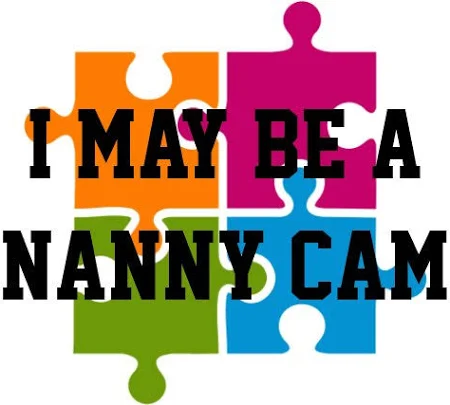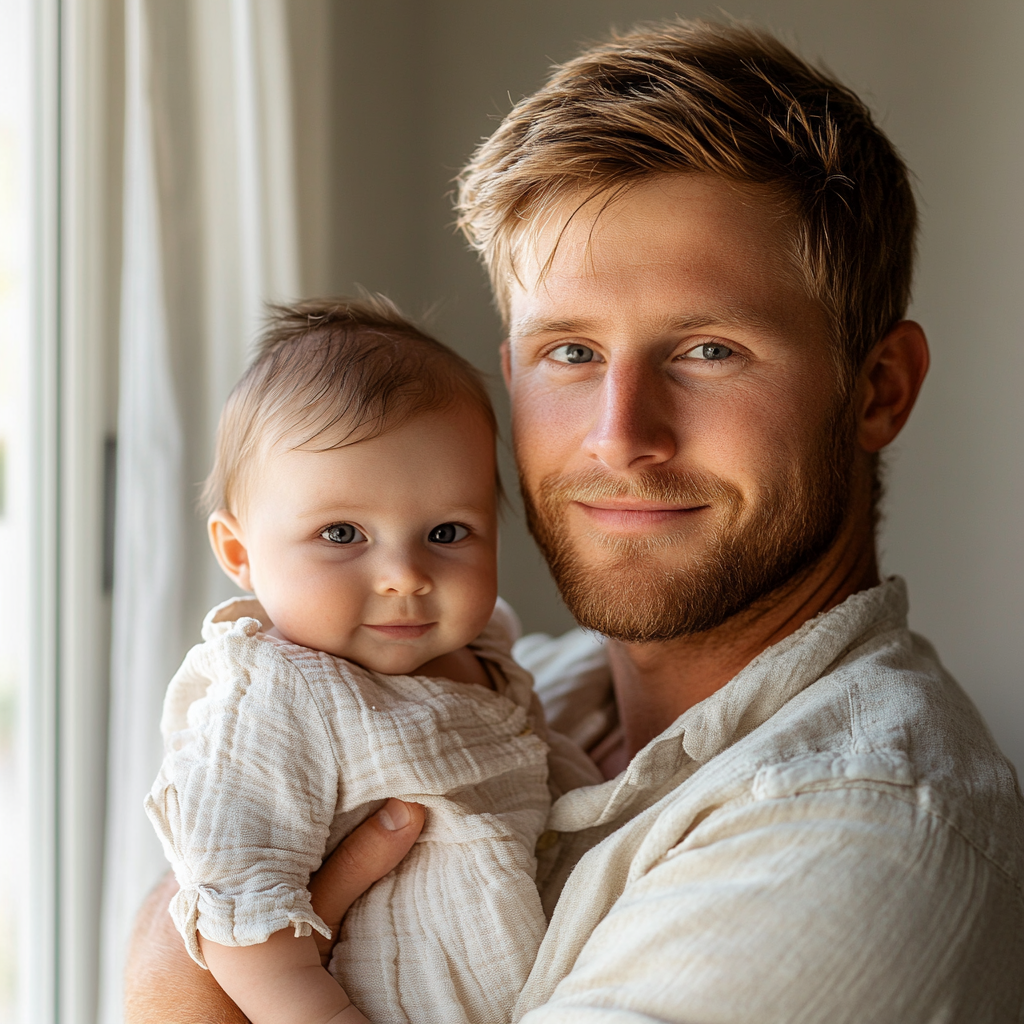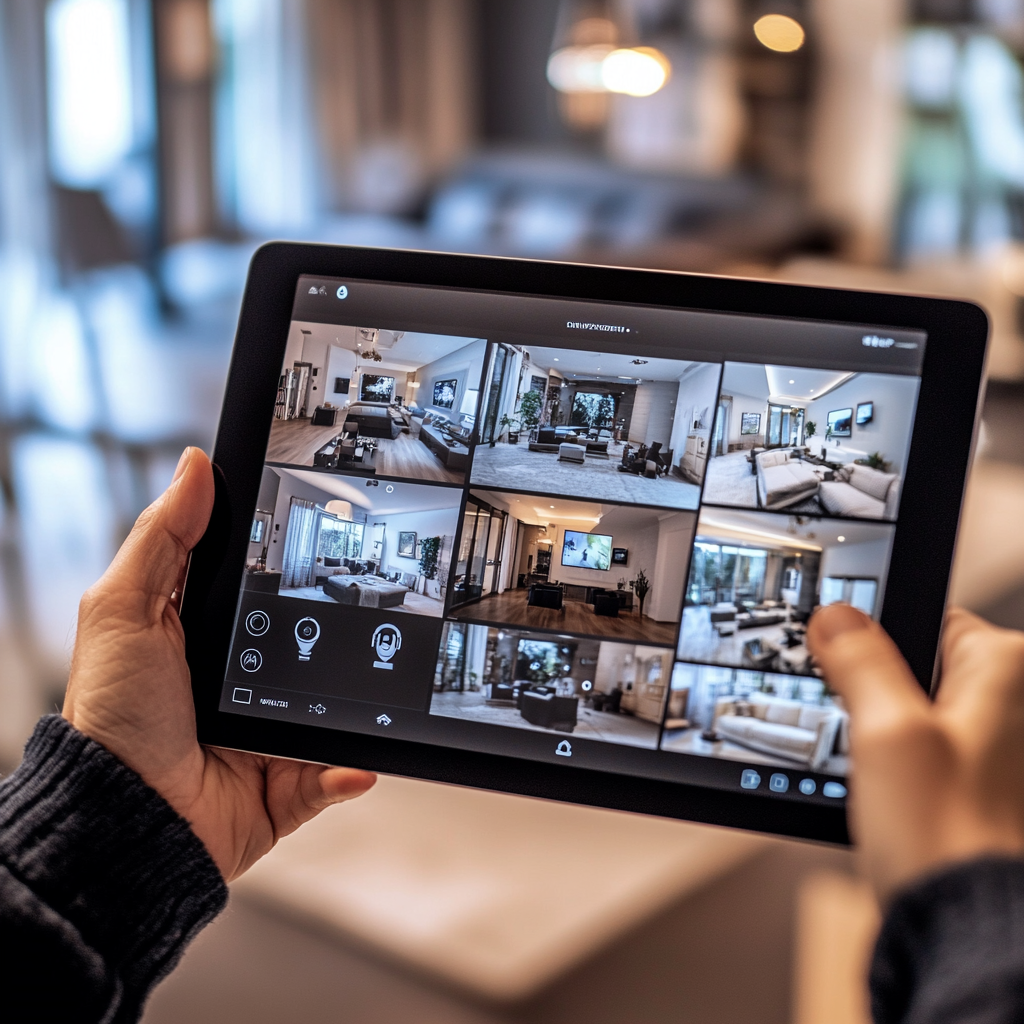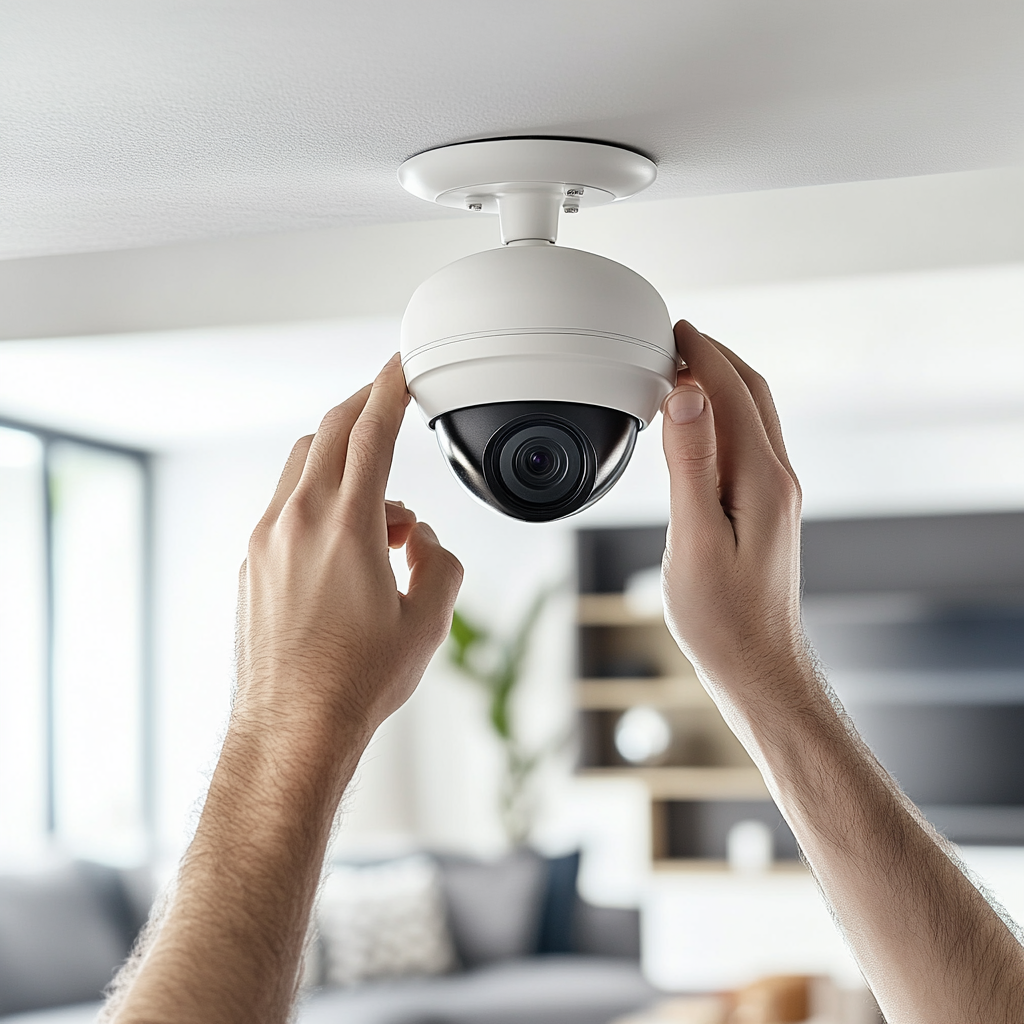A new law in Florida, HB 1389 Digital Voyeurism, went into effect on October 1, 2024, introducing strict penalties for the use of nanny cams and other hidden surveillance devices. The law, supported by Governor Ron DeSantis, expands previous regulations on video voyeurism to encompass digital recording devices, raising concerns among Floridians about privacy and security in their homes.

The Digital Voyeurism Act broadens the scope of existing laws to include any mechanical, digital, or electronic device used to secretly record individuals without their consent. This includes nanny cams, which many families use to monitor caregivers or enhance home security. Under the new law, using such devices without obtaining explicit consent from the people being recorded could result in serious criminal charges.

The law defines “digital voyeurism” as the use of any imaging device to view or record someone in a setting where they have a reasonable expectation of privacy, such as bathrooms, bedrooms, or changing rooms. Any violation by an individual 19 years of age or older can lead to third-degree felony charges, which carry penalties of up to five years in prison.

Additionally, the law allows for harsher punishments if the person using the recording device is in a position of trust or authority over the victim, such as a family member or caregiver. In these cases, the charges could be elevated to second- or even first-degree felonies. Nanny cam users can still use the cams but must disclose or post a notice that surveillance is in use.

Each instance of unauthorized recording, broadcasting, or distributing of the material is considered a separate offense. This means that a single hidden camera could result in multiple felony charges for each violation, greatly increasing the potential legal consequences for individuals caught using nanny cams in private settings without consent.

While the law introduces reduced penalties for minors under the age of 19, repeat offenders in this age group could still face felony charges for continued violations. The intent of HB 1389 is to curb the use of hidden devices for voyeuristic or exploitative purposes, but some experts caution that its broad application could lead to unintended consequences.

Despite this, the law has sparked concerns among many Floridians, particularly parents who rely on nanny cams to ensure the safety of their children. Legal experts warn that the law’s vague language could criminalize people using surveillance technology for legitimate purposes, such as monitoring home security or child care. Critics argue that HB 1389 may go too far, potentially punishing well-meaning individuals alongside those with malicious intent.

The law does make certain exceptions, such as for security cameras that are clearly visible and for surveillance conducted by law enforcement agencies. However, hidden devices that are not prominently displayed, like nanny cams, are explicitly targeted by the law’s provisions.

As HB 1389 Digital Voyeurism takes effect, residents are urged to be cautious about using any surveillance technology in their homes. With the threat of felony charges and harsh penalties, Floridians will need to ensure that they comply with the new privacy protections outlined in this sweeping legislation.

The law’s impact is expected to shape future debates on how privacy and security should be balanced in the age of digital technology.





